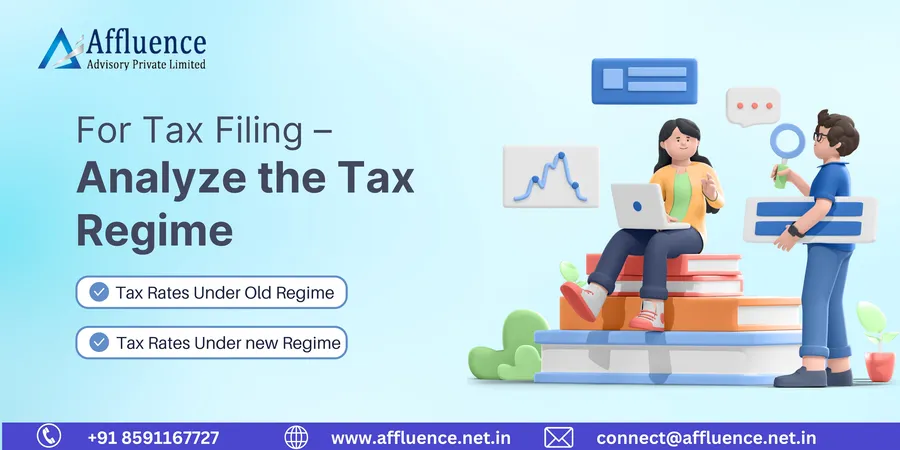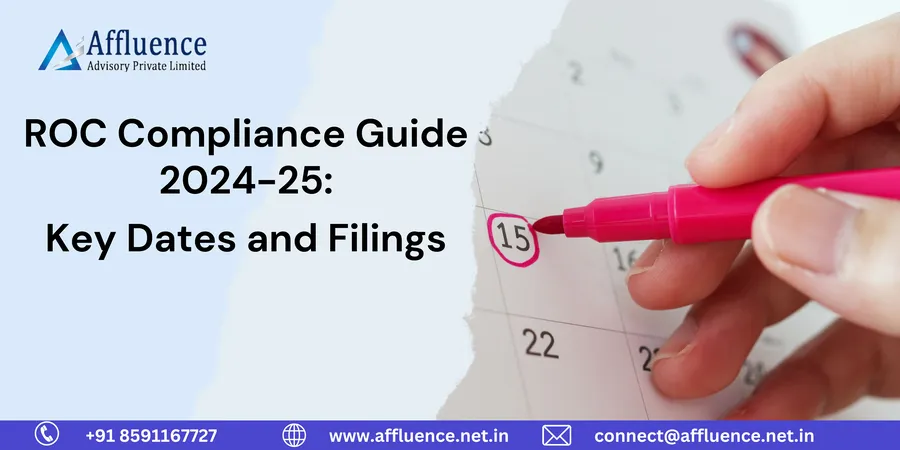Ministry of Corporate Affairs (‘MCA’) has allowed Companies registered under the Companies Act, 2013 and Companies Act, 1956 [‘Companies’] to hold Extraordinary General Meetings [‘EOGM’] through VC or OAVM mode citing COVID-19 concerns. Companies were allowed to hold Extraordinary General Meetings through VC or OAVM mode till December 31,2022 by MCA vide its circular dt: May 5, 2022. Now further extension is given by MCA vide its Circular dt: December 28, 2022 and Companies can now conduct Extraordinary General Meetings through VC or OAVM mode till September 30, 2023. Before this, MCA had granted Companies to conduct EOGM through VC or OAVM mode by way of its circular dt: April 8, 2020 read with MCA circular dt: April 13, 2020.
Link : MCA Circular GC NO.11-22_EGM through Video Conferencing
Postal ballot –
MCA vide it’s circular dt: April 8,2020 and circular dt: April 13, 2020 had allowed postal ballots to be conducted through a special framework. Conducting of Postal Ballots through this special framework was allowed till December 31, 2022. MCA vide it’s circular dt December 28, 2022 has granted an extension to this and now Companies can conduct Postal Ballot in accordance with the special framework till September 30,2023.
It further needs to be highlighted that conducting AGM or EOGM or Postal Ballot through VC or OAVM mode would require updating of database of shareholders inter-alia with email ids of shareholders. While conducting AGM or EOGM or Postal Ballot through electronic mode email ids of shareholders holding shares in physical form and Demat form is most important. Hence, companies, especially listed companies, must make their shareholders aware of this by sending a separate communication in this regard. As it is already stated by us in our earlier write up relating to relaxation granted in conducting of Annual General Meetings through VC or OAVM mode, it is reiterated again that MCA is proposing to make conducting of General Meetings and Postal Ballots through electronic mode as a practice by incorporating same under Companies Act, 2013.
This extension will make Companies and their shareholders habitual about conducting meetings or postal ballot processes and will also help save crores of expenditure.
Companies need to keep in mind that various features of conducting meetings through VC or OAVM mode viz. having a Webex facility, allowing two-way communication etc need to be followed. So, Companies need to ensure that these facilities are available continuously to seamlessly conduct meetings.
Companies who are planning to conduct general meetings or postal ballot through VC or OAVM mode shall ensure that all resolutions passed in accordance with this mechanism shall be filed with the Registrar of Companies within 60 days of the meeting clearly indicating therein that the mechanism provided herein along with other provisions of the Act and rules were duly complied with. There can be a scenario where Companies have already dispatched their notices for conducting general meetings or postal ballots in physical mode envisaging there would not be an extension for conducting general meetings through VC or OAVM mode. In this regard Point XVI of MCA circular April 8, 2020 states that Companies also need to ensure that in case a notice for a meeting has been served prior to the date of the Circular, the framework proposed in this Circular may be adopted for the meeting in case the consent from members has been obtained in accordance with section 101(1) of the Act, and a fresh notice of shorter duration with due disclosures in consonance with this Circular is issued consequently.
For more information about Private Limited Company or Annual General Meeting, visit affluence.net.in
Disclaimer: This article provides general information existing at the time of preparation and we take no responsibility to update it with the subsequent changes in the law. The article is intended as a news update and Affluence Advisory neither assumes nor accepts any responsibility for any loss arising to any person acting or refraining from acting as a result of any material contained in this article. It is recommended that professional advice be taken based on specific facts and circumstances. This article does not substitute the need to refer to the original pronouncement











